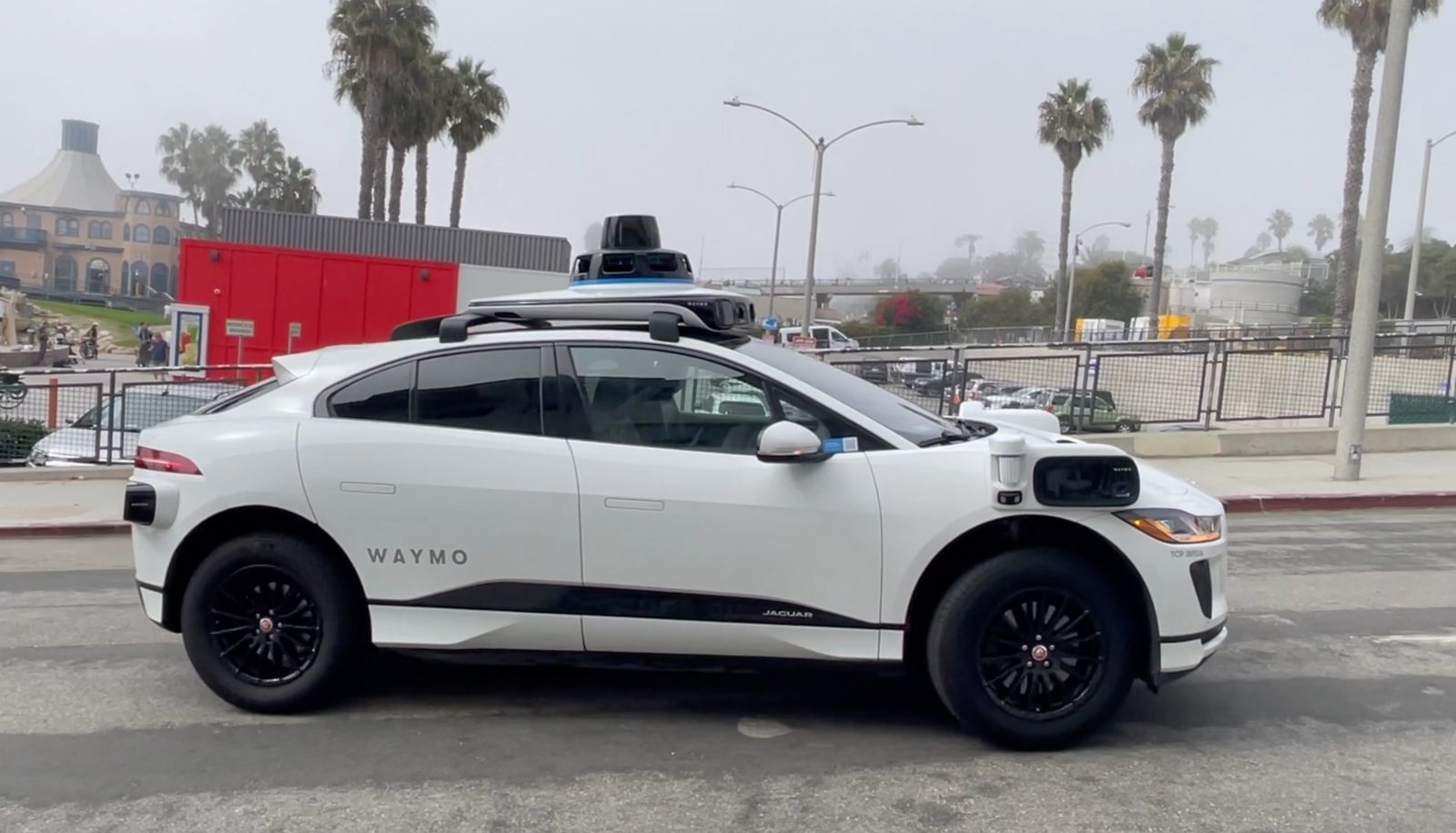AUTONEWS

Waymo: the new era of mobility
On a windy day recently at the tourist hub of the Golden Gate Bridge, a dozen tourists snapped photos of the iconic view before turning to capture the other attraction: the Waymo self-driving cars that took them there. Across town, near the San Francisco ferry terminal, another half-dozen driverless cars pulled up to the side of the road less than an hour later, dropping off and picking up a mix of locals and tourists.
In the city’s financial district, Waymo’s sleek white Jaguars, decked out in sensors and swiveling cameras, are a constant presence, zipping down the streets one after another. After a rocky start a year and a half ago, self-driving cars have won the hearts and minds of one of the world’s most technologically advanced cities.
By the middle of last year, Waymo—owned by Google’s parent company, Alphabet—was providing 10,000 paid rides a week. By May, that number had jumped to 50,000. Now, there are more than 100,000 in Los Angeles, San Francisco, and Phoenix, Arizona, its biggest markets.
The starting gun is on... This month, Tesla CEO Elon Musk unveiled two new vehicles planned as part of a big push into robotaxis. Uber, which abandoned its own self-driving technology years ago, has signed deals with Waymo and several other companies around the world to add their robotaxis to its app in certain cities.
And Amazon’s self-driving car project Zoox has started inviting journalists to take rides in its vehicles in a San Francisco suburb.
Waymo is ramping up its own expansion. The company recently opened a robotaxi service in Austin, Texas, and plans to launch in Atlanta, Georgia, next year. It showed off its cars in Rochester, New York, in early October and has expressed interest in expanding into Europe.
“We’ve been at this for a long time — 15 years — and we’ve reached this point of growth,” said Waymo co-CEO Tekedra Mawakana. Waymo does not publicly disclose financial details, including net revenue, profits and losses.
Waymo on Friday(26/10) said it raised $5.6 billion from investors to expand a robotaxi program now operating in Los Angeles, Phoenix and San Francisco.
The investment round was led by Google-parent Alphabet, which spun the company off from a research unit and retains controlling interest, according to Waymo.
The list of Waymo backers includes Silicon Valley venture capital powerhouse Andreessen Horowitz, along with Fidelity and Silver Lake.
Waymo declined to disclose the value placed on the company during the investment round.
It raised $3.2 billion in 2020 and $2.5 billion in 2021.
Waymo started as a "moonshot" project in Google's X lab in 2009 and was spun off into a separate company in 2016.
Waymo One ride-hailing services operate in San Francisco, Phoenix, and Los Angeles, with the company saying it plans to expand to the cities of Austin and Atlanta as part of a partnership with ride-share platform Uber.
"The company has built the safest product in the autonomous vehicle ecosystem, as well as the best," said Chase Coleman, founder of Tiger Global, which took part in the latest investment round.
Coleman credited Waymo with being able to "balance ambitious goals with responsible execution."
While Waymo competitors include General Motors subsidiary Cruise, as well as Amazon-owned Zoox, it has been moving steadily along the road to making robotaxis more common.
Elon Musk recently unveiled what he said was a robotaxi capable of self-driving, predicting it would be available by 2027—about a decade after he first promised an autonomous vehicle.
Waymo, on the other hand, said its robotaxi service already provides 100,000 paid rides weekly.
The National Highway Traffic Safety Administration early this year launched an investigation into Waymo after reports some self-driving cars hit stationary objects.
Robotaxis in San Francisco have also been targeted by vandals and activists opposed to the innovation.
Mundoquatrorodas

Nenhum comentário:
Postar um comentário